The unique taste and distinctive smell of mustard oil have contributed to its significant popularity in many cuisines worldwide, but especially in India. I enjoy it as a part of salad dressings, but I do have to say that its unique qualities may not be for everyone.
If you have dietary restrictions or simply don’t have access to it, you may need to find an alternative to mustard seed oil for those few recipes which call for it. But finding the proper substitute can also be challenging, as different oils have specific flavors and characteristics.
Some may be more suitable for certain types of dishes than others, especially those which need the spicy touch that mustard brings. This doesn’t stop your ability to experiment, though, so consider trying one of the mustard oil substitute options below the next time you're in a bind and can't make it to the store.
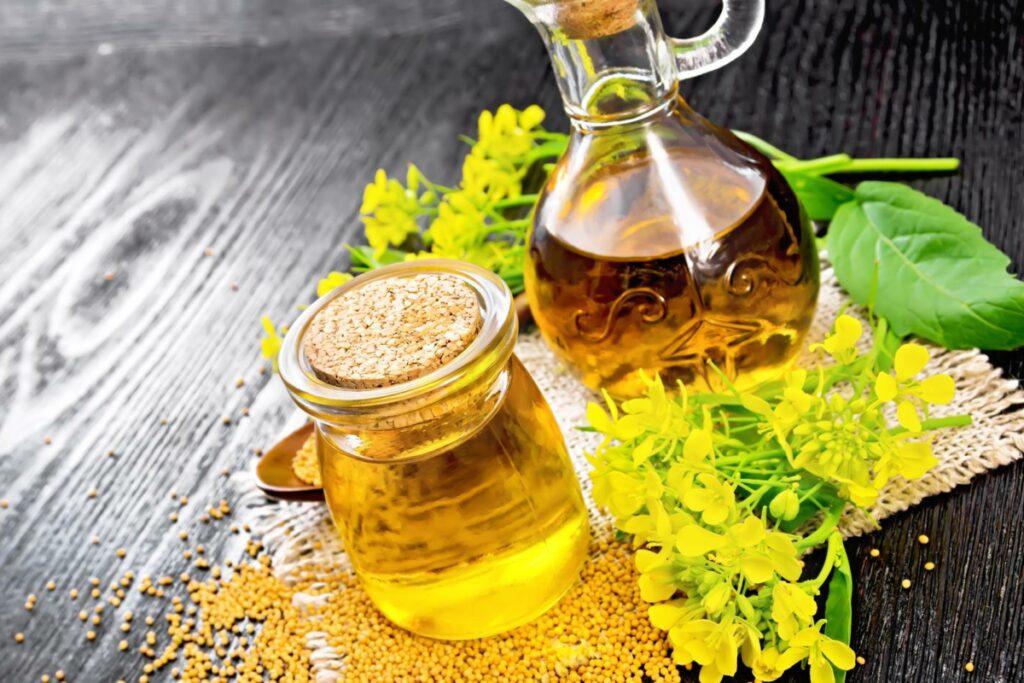
🌟 Best Substitutes for Mustard Oil
Rice Bran Oil
Rice bran oil is a healthy mustard oil substitute that can be used for both cooking and cosmetic purposes, though it can be inflammatory in large amounts. This oil is extracted from the outer layer of rice grains, and has a mild flavor and high smoke point in addition to vitamin E and healthy fats.
The reason this is a popular choice as a swap is due to its high smoke point, because it can also be used at high temperatures before breaking down and producing harmful compounds. Also, it has a neutral flavor, making it suitable for a wide range of dishes, though you can add some mustard powder if you're looking for a similarly spicy flavor.
Moving onto its cosmetic uses, it’s known for having moisturizing and anti-aging properties. These same properties make it a perfect ingredient in skincare products and for nourishing and conditioning hair.
Olive Oil
Olive oil is a healthy and flavorful substitute for mustard oil, extracted from olives and known for its mild fruity flavor and high levels of healthy fats. This oil is great for cooking thanks to its rich flavor and balanced, numerous health benefits.
It’s also high in monounsaturated fats, which can help lower cholesterol levels and reduce the risk of heart disease. While it does have a lower smoke point than other oils, it’s still an excellent choice for low to medium-heat cooking methods such as sautéing, roasting, or drizzling over salads.

Sunflower Oil
Sunflower oil is the most common substitute for mustard oil due to its light, neutral flavor and high smoke point. It’s also a healthier option as it’s low in saturated fat and high in polyunsaturated fats, though in large amounts it can be somewhat inflammatory.
This oil does, however, lack the pungent flavor and aroma that comes from mustard oil. If you want to add some of its iconic flavor to your dish, add a pinch of mustard powder, mustard seeds, or cumin seeds to the oil while cooking.
This oil is not only effective in cooking, but it’s also a beneficial ingredient for cosmetic purposes. With its rich vitamin E content & moisturizing properties, it can help nourish and hydrate both the skin and hair.
Peanut Oil
Another great alternative to mustard oil is actually peanut oil, which while potentially inflammatory, is technically not high histamine. With a mild & neutral flavor, it’s a perfect choice for those who prefer a subtler flavor. This oil is popular in Asian cuisine due to its high smoke point, making it ideal for frying and sautéing.
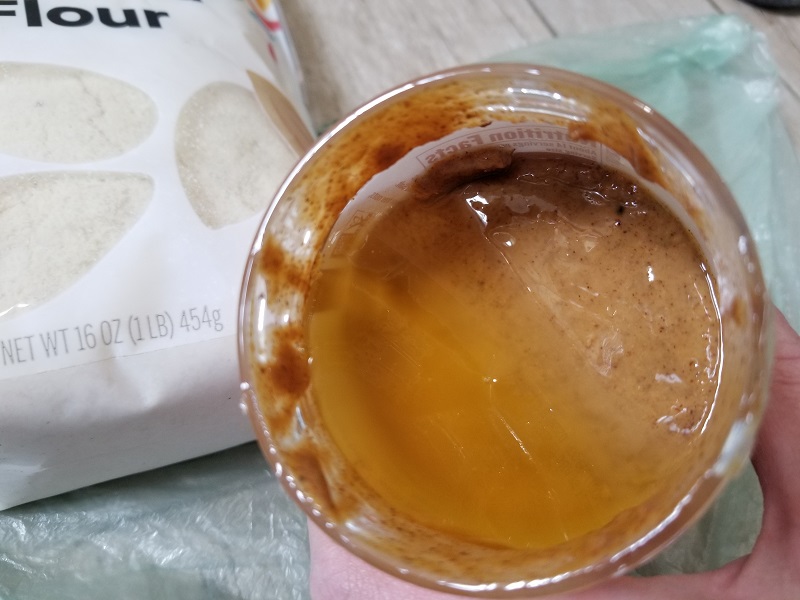
Nigella Oil (Black Seed Oil)
Nigella seed oil is a good substitute for mustard oil because it has a similar flavor profile. Both oils have a slightly bitter and nutty taste, which makes it a great alternative for that reason alone. But in addition to its similar flavor, nigella oil is also a healthy alternative to mustard oil.
It's rich in antioxidants and has anti-inflammatory properties, making it a great choice for those looking to add more antihistamine ingredients to their diet. Nigella oil is also high in essential fatty acids, though its smoke point is much lower than that of mustard oil, so don't cook with it at high heat.
Sesame Oil
Sesame oil is a fatty acid extracted from sesame seeds, either roasted or raw, which has a nutty and rich flavor that can add a great umami flavor to dishes. Its refine version is a good choice for cooking thanks to its high smoke point, while its flavor is versatile enough to be used in any dishes that call for mustard oil.
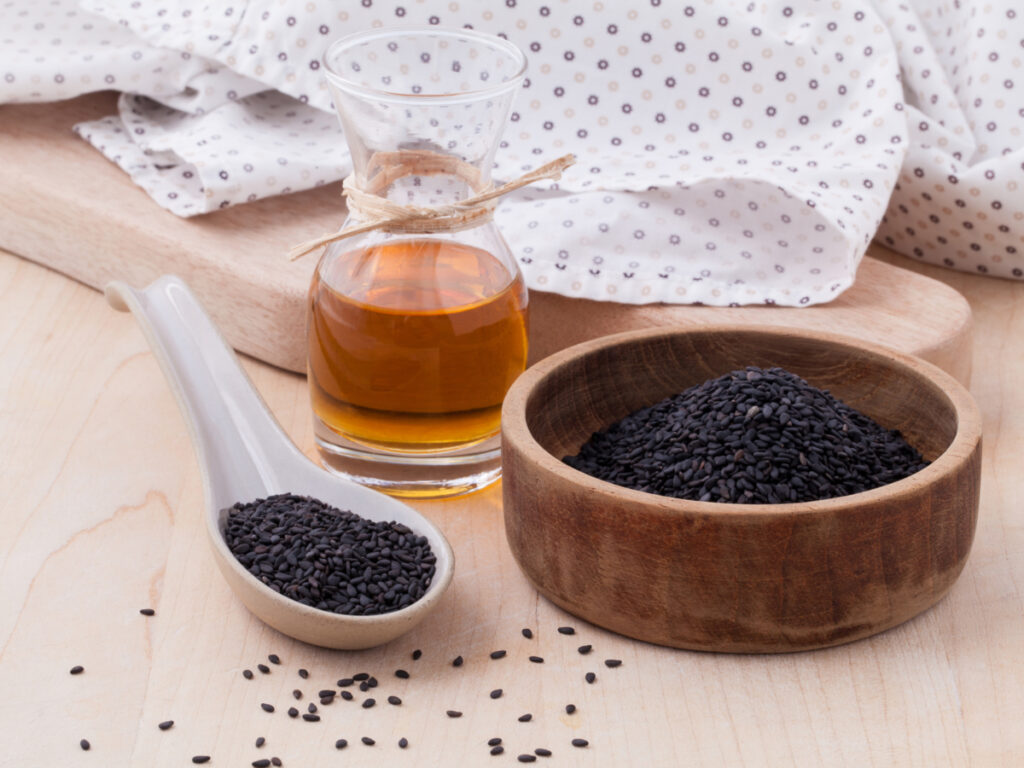
Ginger
Ginger is a flavorful and healthy ingredient for any cook aiming to expand their culinary capabilities, and makes for a great substitute for mustard seed oil. This popular spice has a warm and spicy flavor that can add depth and complexity to your dishes, especially savory ones.
Ginger is also suitable for cooking at high heat without losing its flavor, though it's still best added at the end of cooking. Apart from its flavor, ginger is loaded with antioxidants and has anti-inflammatory properties, which makes it a superb choice for skincare and hair care products.

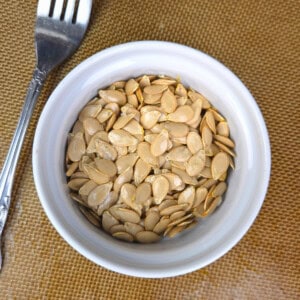
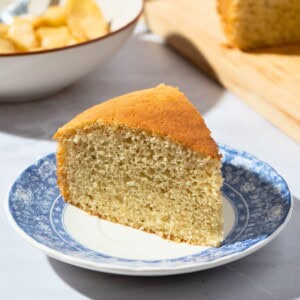

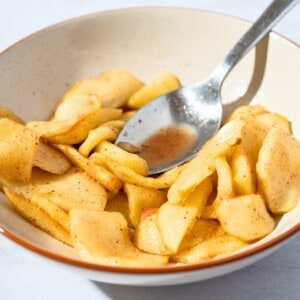
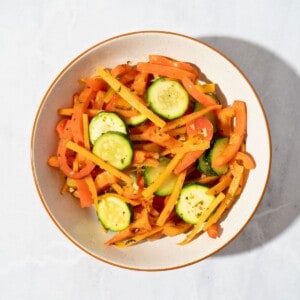

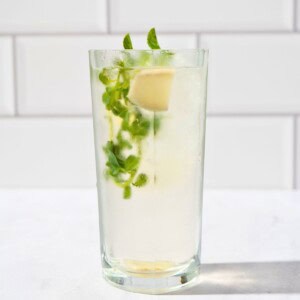
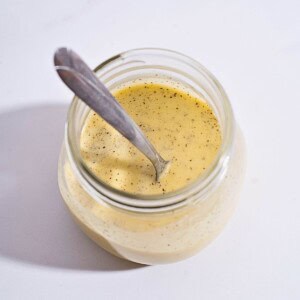
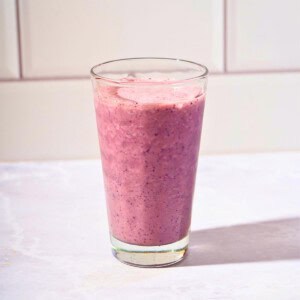

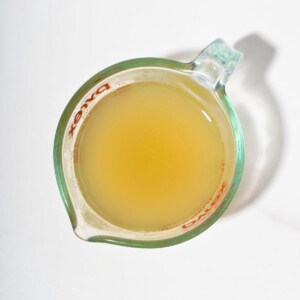
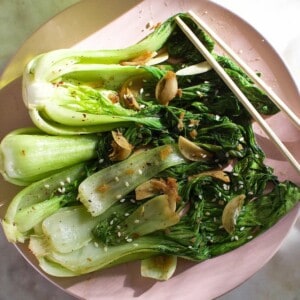

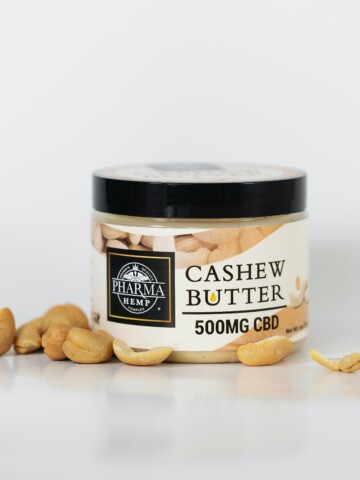
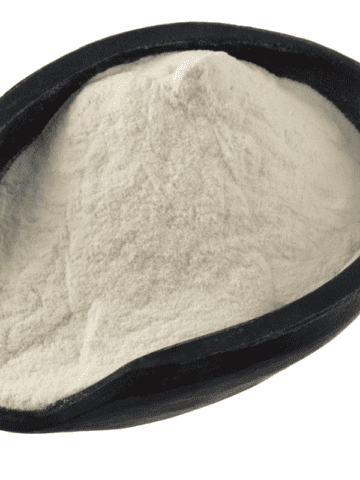
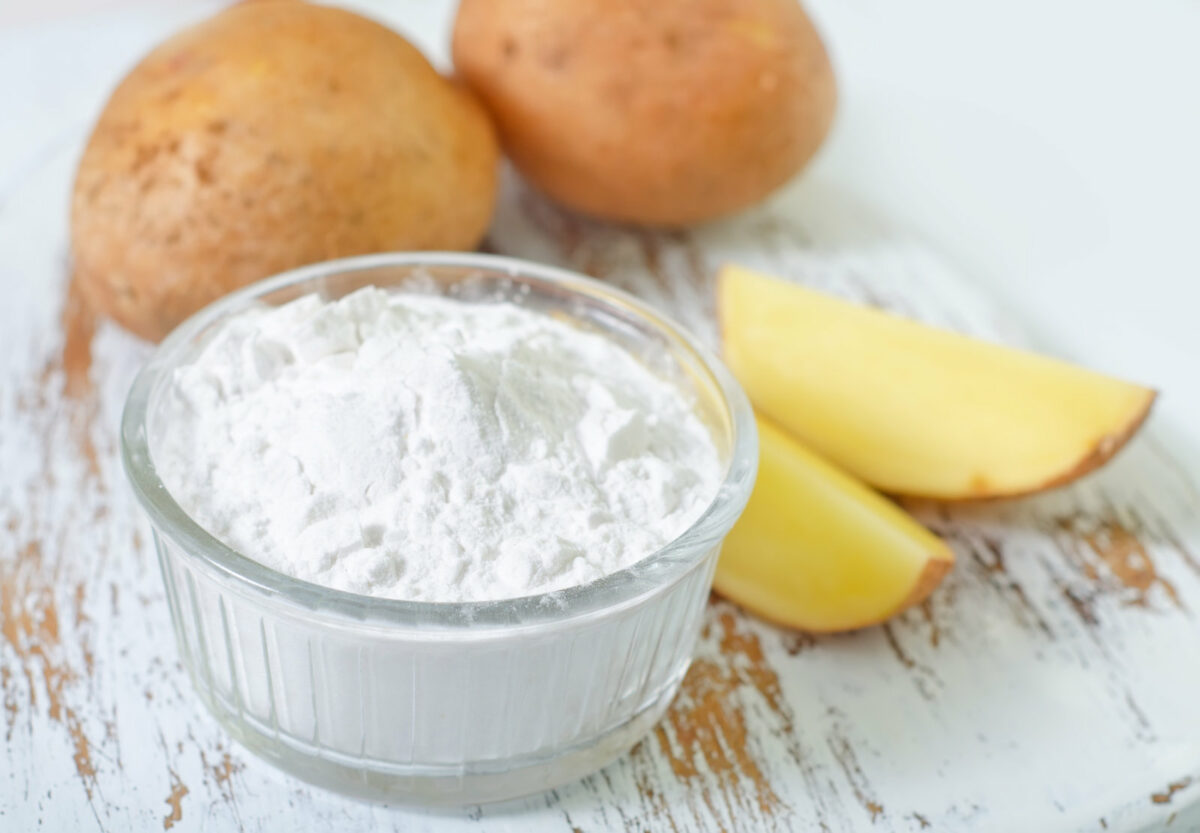
Comments
No Comments